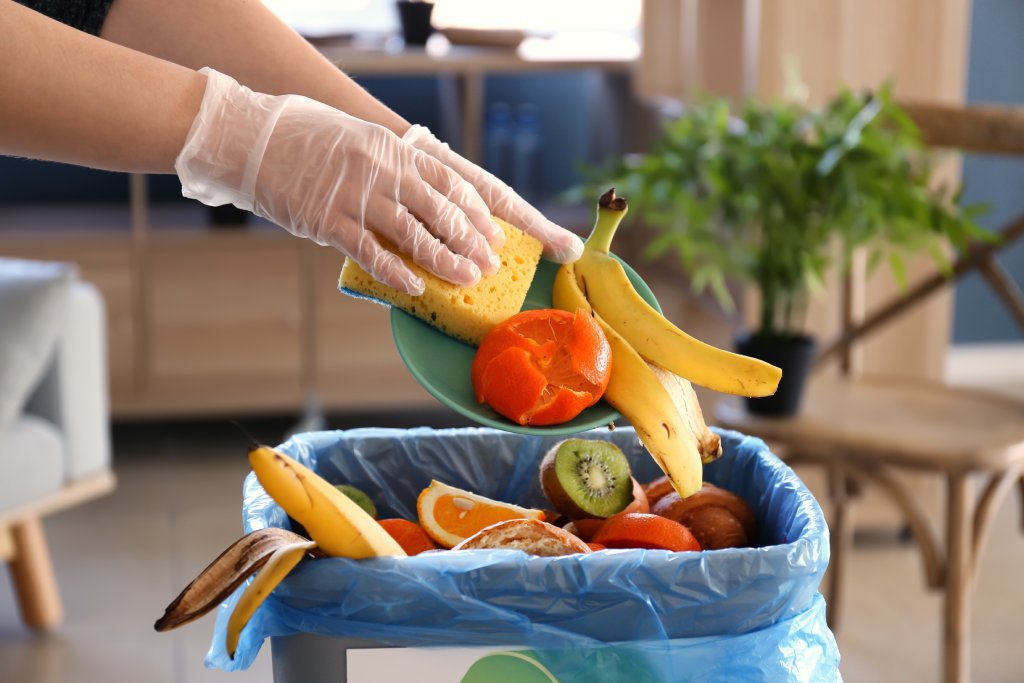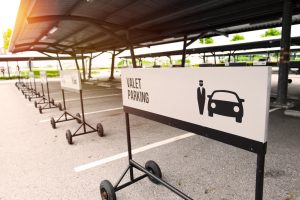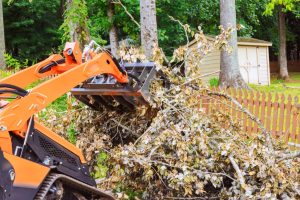Food waste is a major global issue. In the United States alone, a significant portion of the food supply goes uneaten, ending up in landfills where it generates methane, a potent greenhouse gas. This waste doesn’t just happen on farms or in factories; a large amount comes directly from households and retail stores.
One simple but effective solution gaining traction in grocery stores is the bulk bin aisle. Take a closer look at the role of bulk bins in reducing food waste and why these matter in the first place.
How Bulk Bins Cut Down on Waste
Bulk bins offer a straightforward way to shop for pantry staples like grains, nuts, spices, and pasta. Instead of buying pre-packaged items in fixed quantities, you can dispense the exact amount you need into your own container or one provided by the store.
This buy-what-you-need model directly combats food waste at the consumer level. Think about that specialty spice for a single recipe that would otherwise sit in your pantry for years. With bulk bins, you can buy just the one tablespoon you need, reducing the chance that excess food gets thrown out later.
Environmental and Consumer Perks
The advantages of using bulk bins extend beyond just reducing food waste. They also play a crucial role in cutting down on packaging. By encouraging the use of reusable containers, bulk bins decrease the demand for single-use plastics and cardboard, which require energy and resources to produce and often end up in landfills.
For shoppers, this translates into several benefits:
- Cost Savings: You pay only for the product, not the packaging. Buying in bulk is often cheaper per ounce.
- Fresher Products: Stores with popular bulk sections tend to have a higher turnover rate, meaning the products are often fresher than their pre-packaged counterparts.
- Greater Control: You get to see and select the exact items you’re buying to ensure quality.
Smart Shopping in the Bulk Aisle
To make the most of your trip to the bulk bins, a little preparation goes a long way. First, bring your own clean, reusable containers. Most stores will weigh your empty container—also know as the tare weight—before you fill it so that you’re not charged for its weight.
When selecting your items, consider what you’re buying. For items like nuts or dried fruit, you can choose a solid or vented bulk produce bin to ensure freshness and prevent moisture buildup. Make a list beforehand to avoid impulse purchases and stick to buying only what you’ll realistically use.
Why Retailers Should Embrace Bulk
Offering a bulk section is a smart business move. Bulk bins can attract eco-conscious shoppers and set a store apart from its competitors. They also reduce the shelf space required for packaged goods and can lead to lower shipping costs from suppliers. By empowering customers to buy exactly what they need, retailers can build a loyal customer base that values sustainability and savings.
Adopting bulk bin shopping is a practical step anyone can take to reduce their environmental footprint. It tackles food and packaging waste head-on while offering clear benefits for your wallet and pantry. By rethinking how we buy our food with bulk bins, we can collectively make a significant difference in the fight against food waste.





















